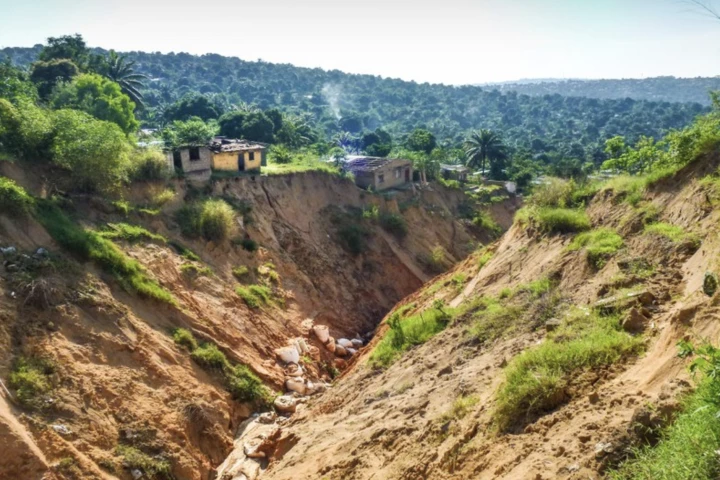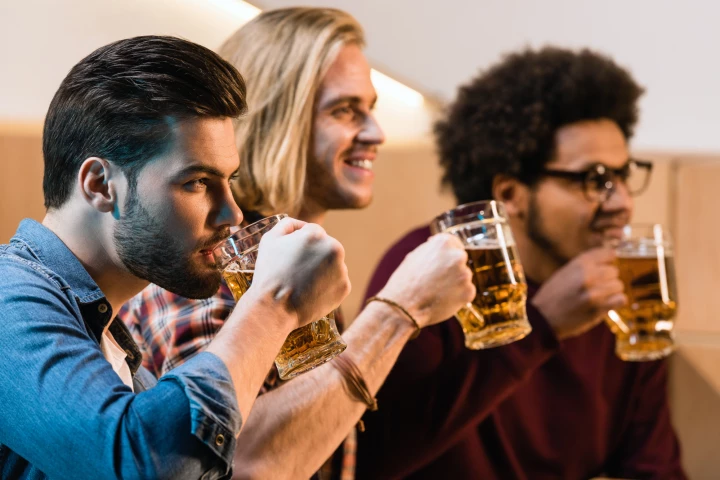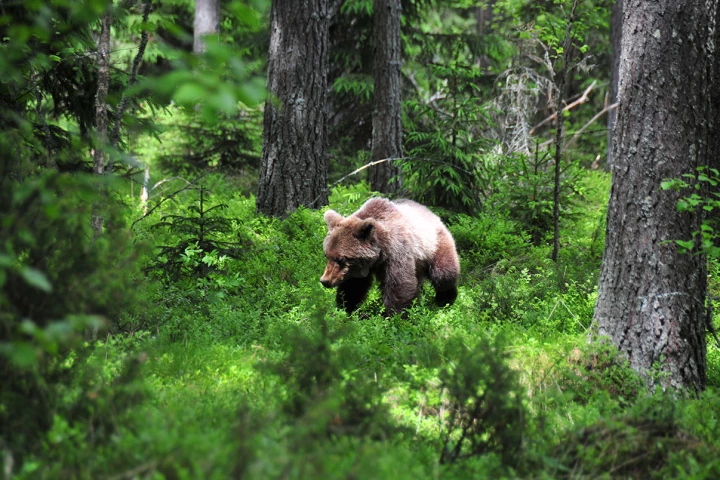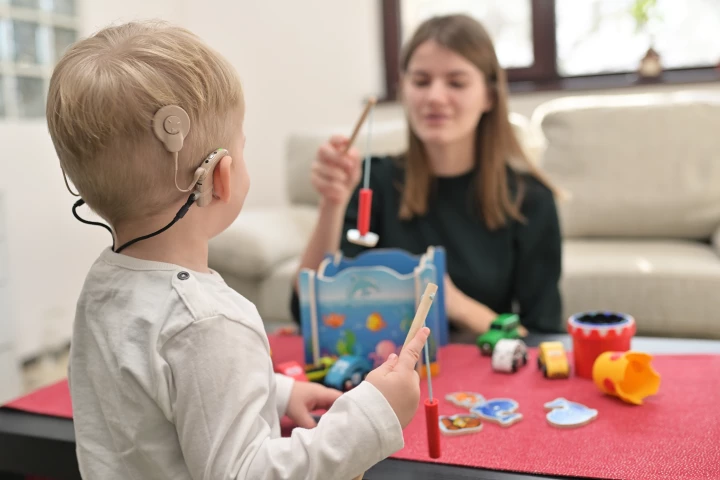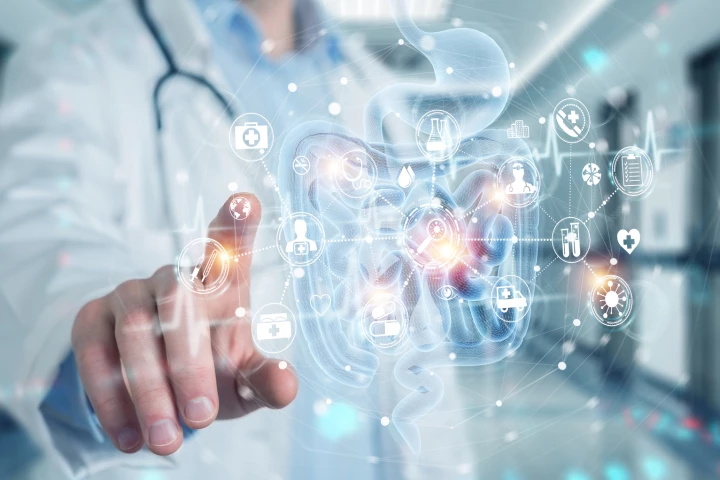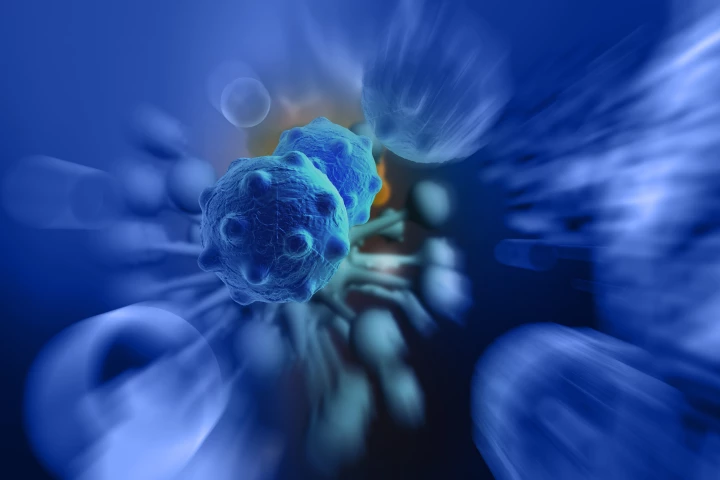KU Leuven
-
Nearly 3,000 growing chasms have opened up in dozens of towns, swallowing up roads and houses in their path. Known as urban gullies, these destructive forces of nature are increasing rapidly and now threaten to displace more than 3.2 million people.
-
Machine-learning models predicted what would make beer taste better. Trained taste testers who drank the AI-altered beverages were greatly impressed. Now, scientists behind this taste-perfecting method have their sights set on much more than beer.
-
The James Webb Space Telescope has made the first direct analysis of clouds on a nearby alien world. These aren’t just made of water vapor but also sand, which would move around the planet much like Earth’s water cycle.
-
For the second consecutive time, a team from Belgium has landed in first place in the Bridgestone World Solar Challenge, a competition that sees dozens of innovative solar vehicles race across the often punishing continent of Australia.
-
Bears don't move much all winter long, but people are advised to get up frequently during a long flight to prevent blood clots. A new study uncovers why this discrepancy exists, and how it might lead to safer replacements for blood thinners.
-
Although cochlear implants do allow some deaf people to hear again, adjusting the devices to individual users can be challenging. An experimental new implant is designed to help in that regard, by reading the user's brain waves.
-
Inflammatory bowel diseases, including ulcerative colitis and Crohn’s disease, are unpleasant, chronic conditions with few treatment options. Now, researchers may have found a way to potentially “switch on” the body’s natural tissue repair system.
-
Hearing aids are often stymied by the "cocktail party" effect, wherein they can't amplify one person's voice without also boosting the voices of everyone else in the room. A new AI system, however, could help focus the devices' attention where it's needed.
-
A new type of copper-based nanoparticle has shown effectiveness in killing off tumor cells in mice. But by combining it with immunotherapy scientists say it produced long-lasting effects, quickly killing off any cancer cells that dared to return.
-
Researchers have uncovered a new weakness that could be exploited to produce new antiviral drugs. The team discovered a compound that can prevent certain classes of viruses from infecting cells, paving the way for new treatments against diseases like the common cold, meningitis or polio.
-
After a decade of research, scientists at KU Leuven in Belgium have developed a device that can uses sunlight to produce a record-breaking 250 liters (66 gal) of hydrogen a day.
-
Although only at the proof-of-concept stage right now, scientists in Belgium have come up with a way of capturing polluted air and converting it into power in the form of hydrogen gas, a technology that could prove a two-pronged environmental panacea.
Load More
